In Nigerian music, it is often the rhythms that travel first — the basslines that shake dance floors from Lagos to London, the hooks that cling to memory long after the speakers fall silent. Yet behind the global appeal of Afrobeats, hip-hop, juju, and highlife lies another engine: the lyricists.
These are the writers who turn lived experience into verse, who distil heartbreak and politics into rhyme, who lace proverbs, pidgin, and wit into phrases that cross borders as easily as sound. They remind listeners that behind every hit is a voice that chooses words with precision — words that can spark joy, provoke reflection, or cut with startling force.
This ranking of the 20 best Nigerian lyricists, determined by fans, recognises the artists whose pen has defined eras, genres, and movements. Some are rappers whose narratives stretch like novels; others are singers who weave poetry into melody.
All of them, in their own way, have written themselves into the country’s musical memory.
20. Lagbaja

Lagbaja burst on the scene and turned anonymity into a signature. Behind the mask was not concealment but commentary: a musician who allowed his art to speak louder than his face ever could. His lyricism draws from Yoruba and pidgin, braided with jazz-inflected melodies, to deliver social critiques that cut with precision.
From the biting satire of “Gra Gra” to the tender intimacy of “Never Far Away,” Lagbaja moves easily between protest and poetry. He can call out politicians with the same ease that he sings about love. And when words are not enough, his saxophone becomes a second pen — sketching melodies that say what language cannot.
“It’s his ability to create simple but memorable hooks. He also has the ability to get really serious when he wants to. His style of music spawned many artists like Asake.” — Semilore, a Lagbaja fan since “Konko Below.”
Standout lyrics: “If we search ourself nobody innocent o / Baa ba ni a so’ko s’oja se a f’ara ile lori.”
19. Victony
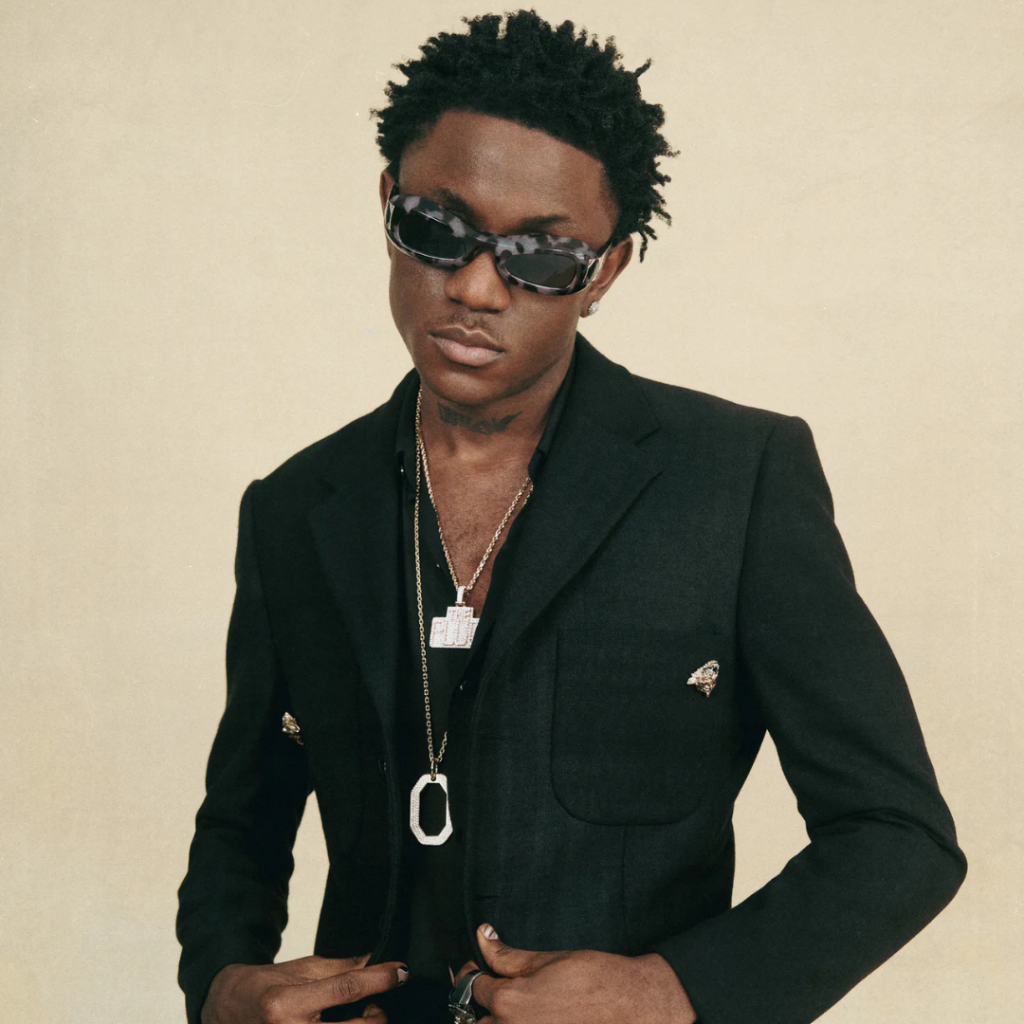
Victony is proof that Nigeria’s new wave of artists are as committed to craft as they are to rhythm. Since breaking through with “Holy Father” and his Outlaw EP, he has distinguished himself with a pen that balances melody and meaning. His lyrics are vulnerable without slipping into sentimentality, and clever without feeling contrived.
Each verse carries the texture of his generation’s reality — restless, searching, and unafraid to be tender. It is this blend of honesty and craftsmanship that has made Victony more than just a voice of the moment, but a writer whose words endure beyond the beat.
“To be honest, I really enjoy how effortless his songwriting comes across. His lyrics ooze of luxury, of lived experiences, of experiences yet to happen.” — Fati, a Victony fan since “Maria.”
Standout lyrics: “My salvation / Reverend father say e dey for your body oh / If I go kpai my resurrection.”
18. Lindsey Abudei
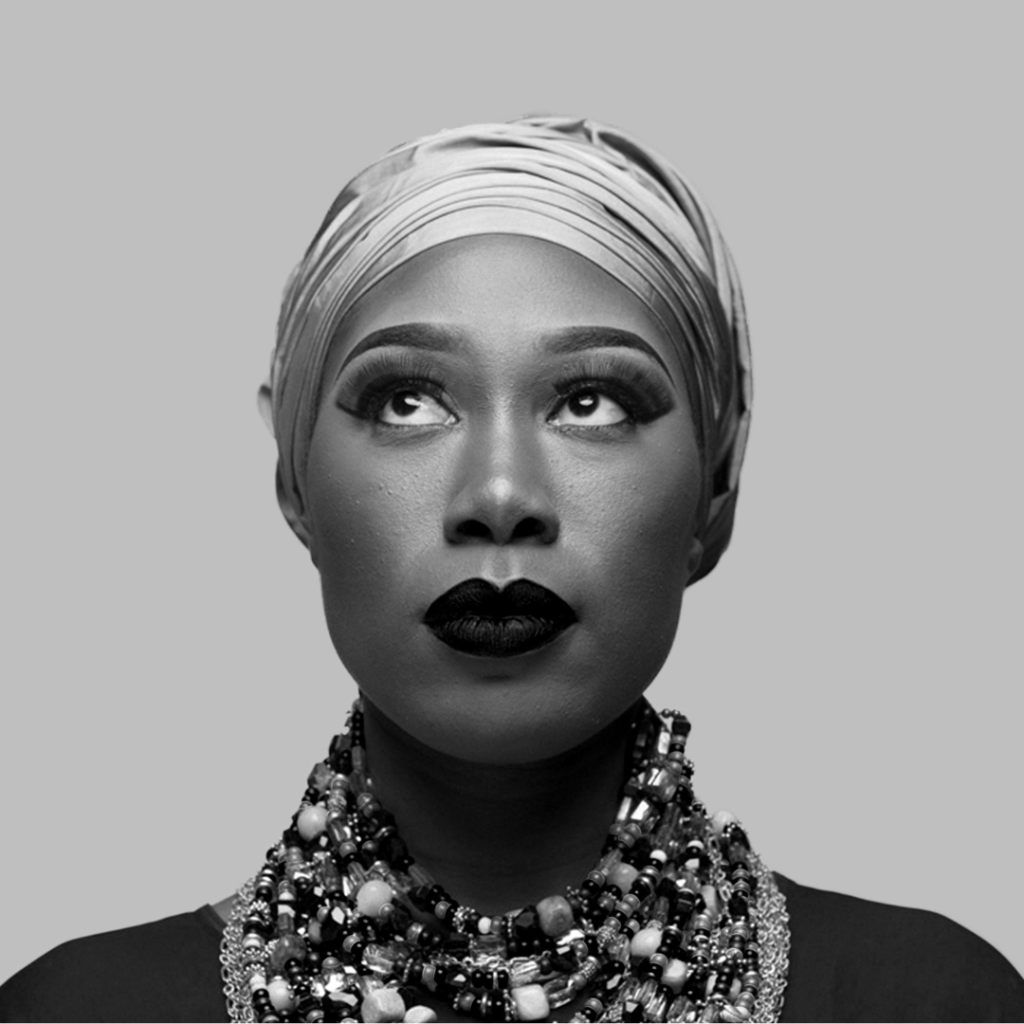
Lindsey Abudei’s songwriting is soft yet piercing, her delivery as delicate as it is deliberate. She blends soul, jazz, and alternative influences with Nigerian sensibilities, often weaving themes of love, longing, identity, and self-discovery into her work. Her lyricism reads like pages from a poet’s diary — intimate, vulnerable, and timeless.
Projects like Brown and …And The Bass Is Queen show her gift for turning emotions into captivating storytelling. Lindsey is a lyricist for the dreamers, the yearners, the late-night thinkers, and anyone who finds beauty in silence and stillness.
“I find her style of writing intimate and literary. There’s a conversational element in her lyrics that I love so much.” — Marv, a Lindsay Abudei fan since “Brown.”
Standout lyrics: “I once sang a beautiful song / It had me too much / It had me high and now I’m crumbling down.”
17. Jesse Jagz
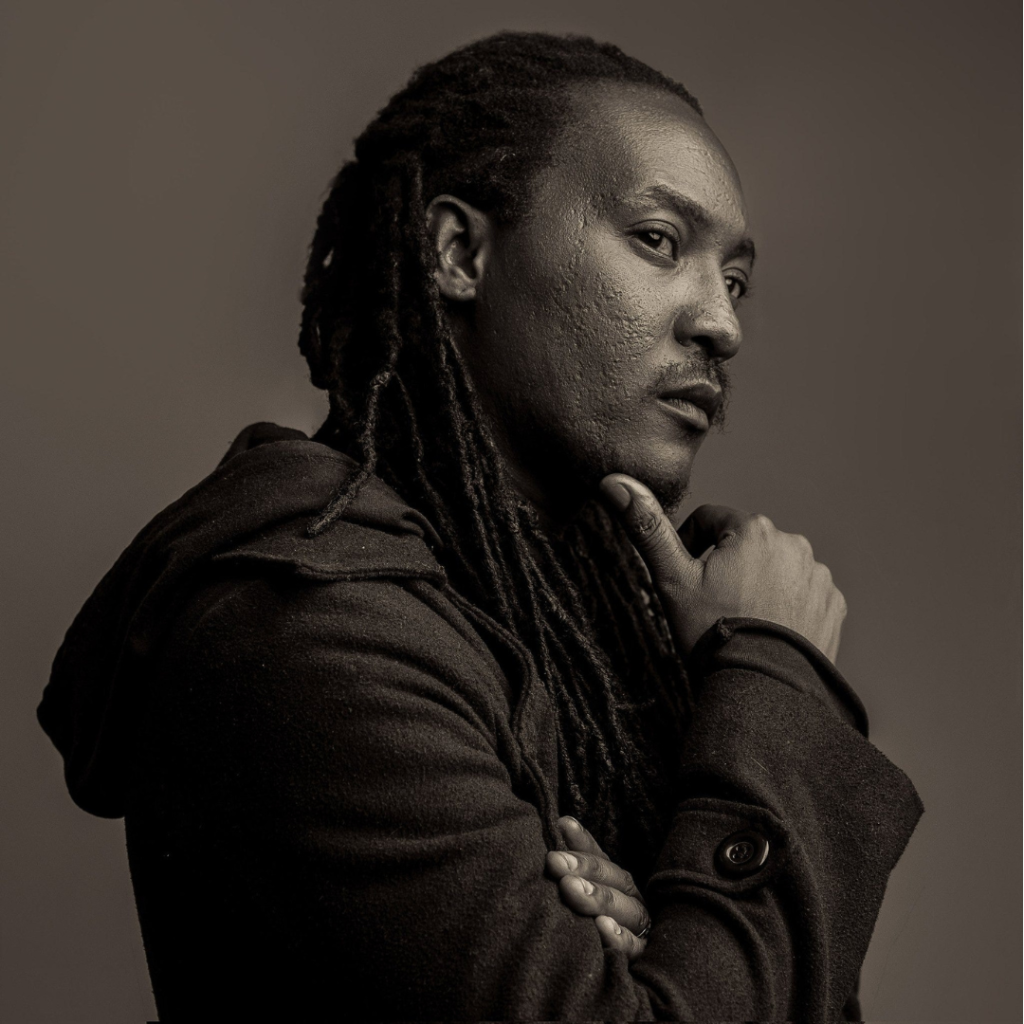
Jesse Jagz’s verses are dense but never impenetrable — layered with reflections on fast living, hedonism, spirituality, and Pan-Africanism that continue to yield new meaning even on the tenth listen.
If M.I Abaga is Nigerian music’s self-styled “Chairman,” then Jesse is its “prophet.”
A rare rapper-producer hybrid, his lyricism carries the weight of revelation, delivered with fire. Across projects like Jagz of All Tradez and the Jagz Nation series, he built a reputation as a shape-shifter, folding reggae, rap, highlife, and Afrobeats into a singular voice. His pen is not just technical; it’s visionary.
“Jagz is my favourite from his generation, and if you look around you, he’s still the hardest one holding it down among his peers.” — Temitope, a Jesse Jagz fan since “Blaze.”
Standout lyrics: “My flow sicker than my country’s president.”
16. Sola Allyson
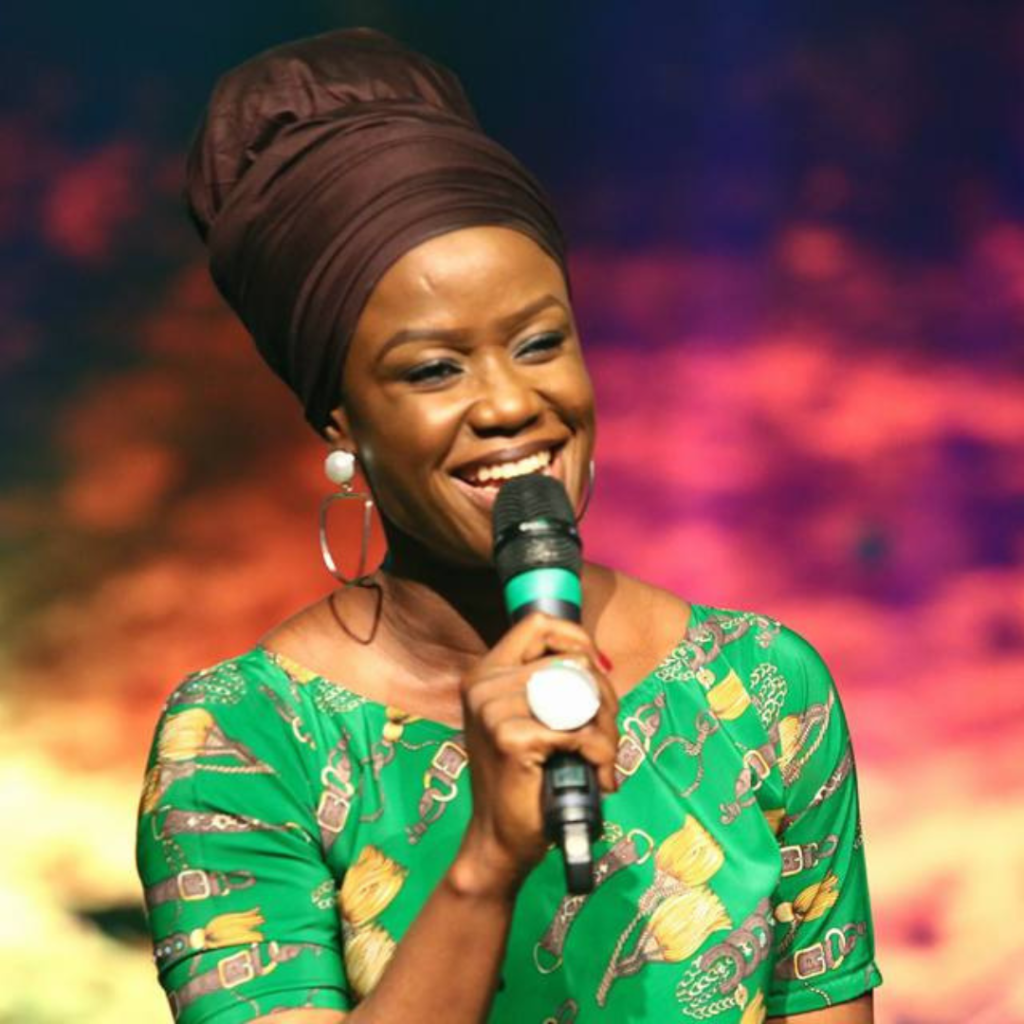
Sometimes Sola Allyson’s music lifts you with the purity of gospel; other times it cuts straight into your soul. Her songs feel like a warm embrace from home, threaded with Yoruba proverbs, spiritual depth, and a tenderness that makes every line linger.
From her breakout Eji Owuro album to works like Ìrẹ̀, Allyson has written songs that speak to timeless truths, rendered with a voice that makes worship sound like poetry and everyday struggles feel like hymns. Long after the music fades, her lyricism remains — a quiet storm doing the heavy lifting.
“She’s the artist I listen to when life is overwhelming. Whether I’m looking for gospel inspirations or just need something with depth, she’s my go-to artist.” — Bunmi, a Sola Allyson fan since “Eji Owuro.”
Standout lyrics: “Oun wisi mi ni kelekele okan, pe kin ma Gbagbe irapada mi.”
15. Sound Sultan
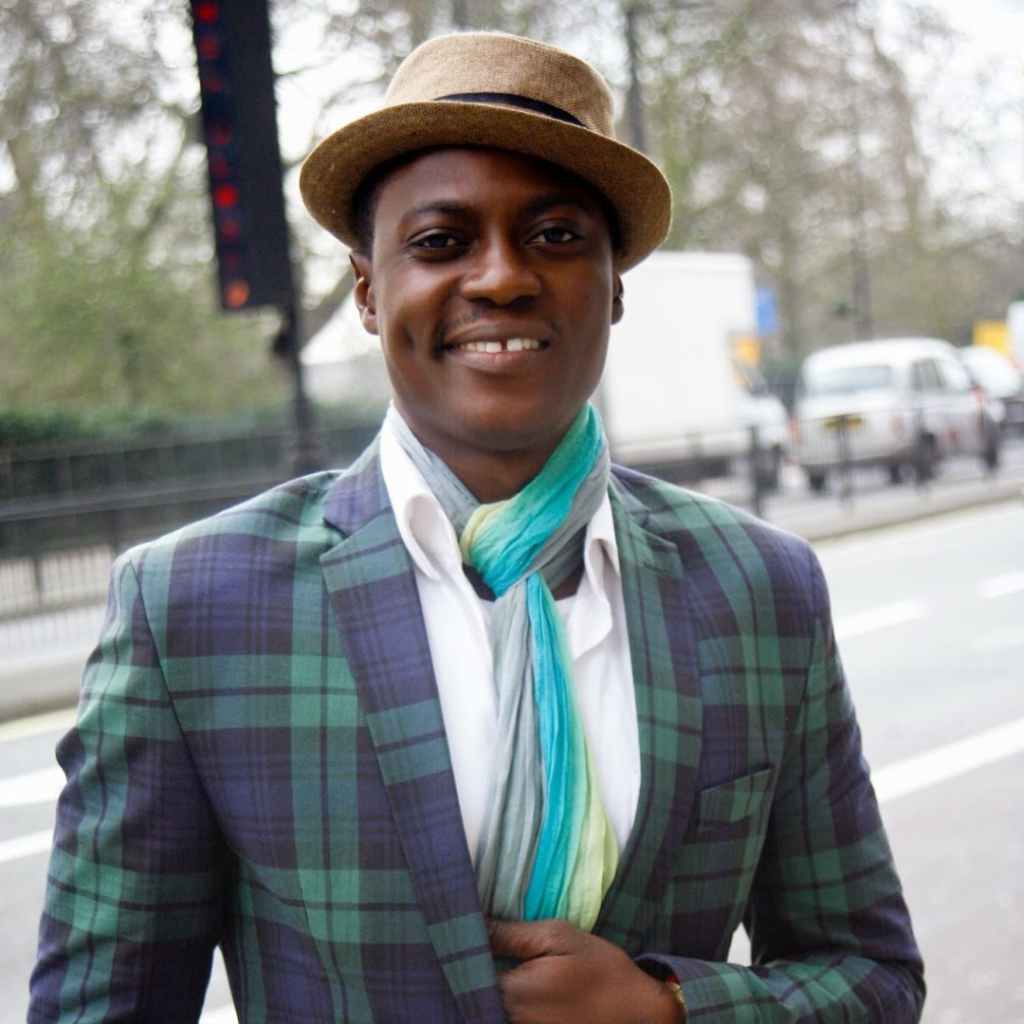
Sound Sultan was Nigeria’s true “Naija Ninja” — a lyrical warrior who used wit and humour to wrestle with big social issues. His pen danced easily between satire, love songs, and sharp social commentary, making him one of his generation’s most astute writers.
His genius lay in simplicity: he could turn corruption into a playground chant and dress the heaviest truths in melodies you couldn’t help but sing along to.
“I love his subject matter and the way he infuses humour into his music. The rap verse off ‘Mathematics’ blew my mind at the time.” — Sentinel, a Sound Sultan fan since Back From the Future.
Standout lyrics: “Show my people dem to the promise land / But then I notice something / People wey try am don dey underground.”
14. Show Dem Camp
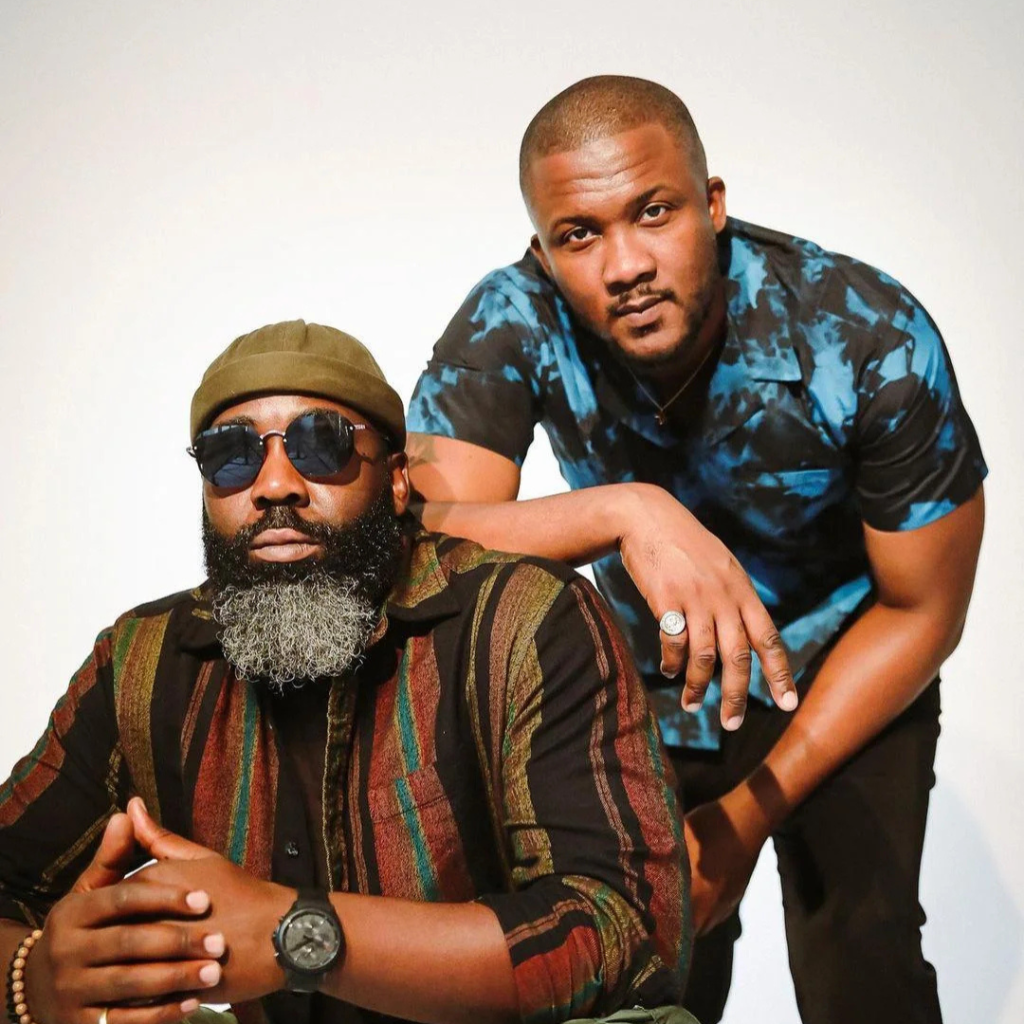
Show Dem Camp are Nigeria’s hip-hop griots. For over a decade, Tec and Ghost have used their Palmwine Music series and Clone Wars tapes to tell the Lagos story — from traffic wahala to heartbreaks.
Their lyricism is conversational but razor-sharp, like that friend who always has the perfect clapback. Ghost packs the punchlines, Tec brings the perspective, and together they make music that feels both nostalgic and current. If you’ve ever screamed, “Show Dem Camp, omo, yes indeed,” you already know their pen is untouchable.
“These guys rap about every social issue affecting Nigerians on Clone Wars tapes, and relationships on the Palmwine series. They have unlocked the Nigerian experience and how it translates into sweet, relatable music.” — Johnson, a Show Dem Camp fan since “Farabale.”
Standout lyrics: “The other day I saw a Lambo at the Toll Gate getting scratched by Danfo / I thought of life, be humble as you plan, bro / One day, you’re in cloud, the next, you’re Ambo.”
13. Asa
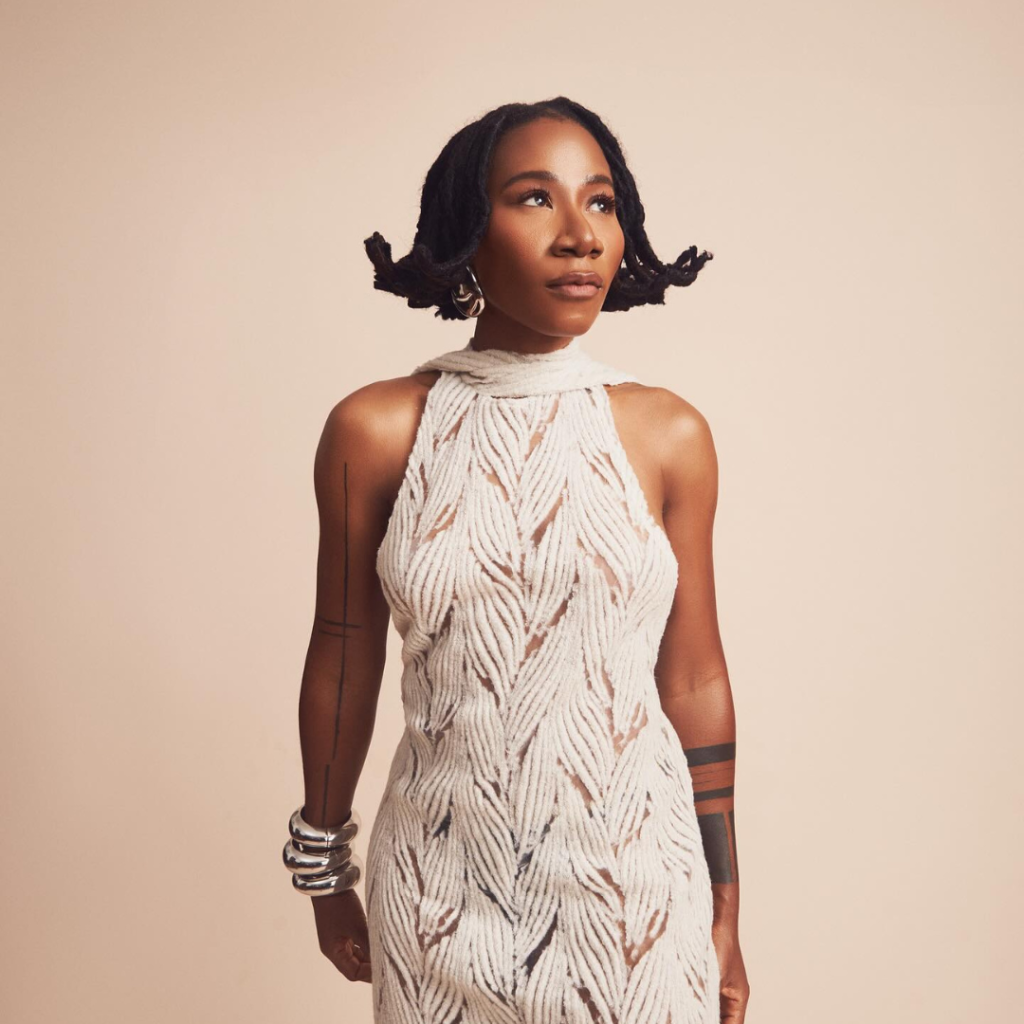
Asa writes songs like letters you’ll never forget. From “Fire on the Mountain” to “The Beginning,” her lyrics balance raw human experience with stories that feel deeply personal. Her gift is in her subtlety — she can call out society’s chaos with the same pen she uses to sketch the outlines of heartbreak.
Her lyricism doesn’t shout; it lingers. Long after the last note fades, Asa’s words keep reshaping how you think about love, loss, and life itself.
“This is who I listen to when I’m sad, happy, in love, going through heartbreak or whenever I want to sing along to any song.” — Chidinma, an Asa fan since “Fire On the Mountain.”
Standout lyrics: “But as the river keeps flowing / I’ll keep on moving on.”
12. Mode 9
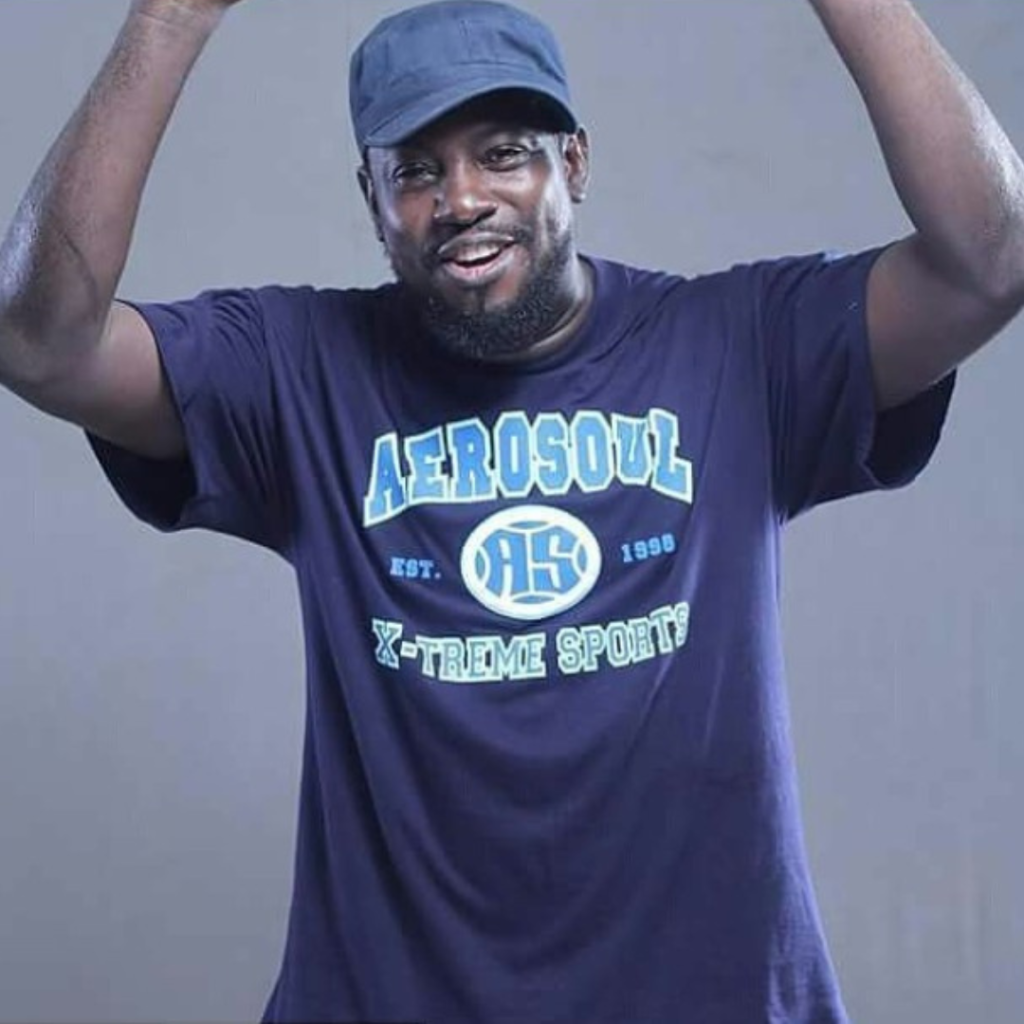
Mode 9 is an undisputed OG of Nigerian hip-hop. With punchlines that land heavy, multisyllabic rhymes, and metaphors stacked on metaphors, he built his reputation as one of the sharpest pens in the game. His verses are dense — sometimes intimidating — but always rewarding if you lean in.
He isn’t just rapping; he’s kicking knowledge, sparring, and flexing all at once. For hip-hop purists, Mode 9 remains the standard.
“Whenever I hear the word ‘lyricist’, his image is the only thing that comes to mind. He hardly has a mid verse.” — Soji, a Mode 9 fan since “Cry” feat. Nneka.
Standout lyrics: “Lyricist on the roll, had to let it go / I threw a little fish back in the pond, I let it go.”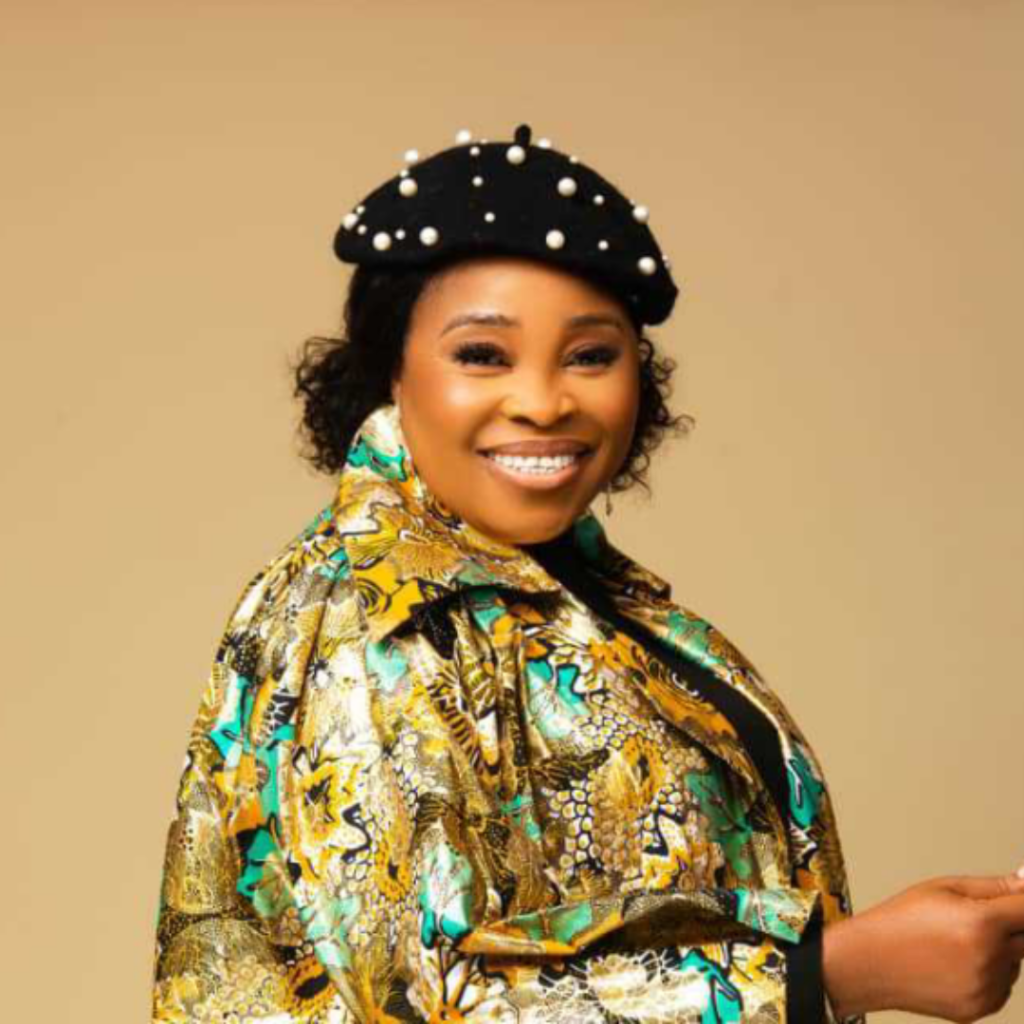
Tope Alabi isn’t just a gospel artist — she’s a lyrical storyteller whose words land like scripture. Her mastery of Yoruba turns songs into both worship and poetry, weaving biblical truths into language that feels ancestral, familiar, and soul-deep.
Her use of eulogy is unmatched, often making listeners feel she lives in close conversation with God. More than metaphors, her lyricism carries conviction — and conviction has always been Tope Alabi’s greatest gift.
“I think she’s the greatest because she knows her words and she knows how to weave them. Gospel music can be hard because of restrictions but Tope shows that she knows her onions. Her lyrics are worship. She’s worshipping God and inviting you to do the same.” — Titi, a Tope Alabi fan since Yes and Amen.
Standout lyrics: “Eni ti o ni o, koni nkankan.”
10. 9ice
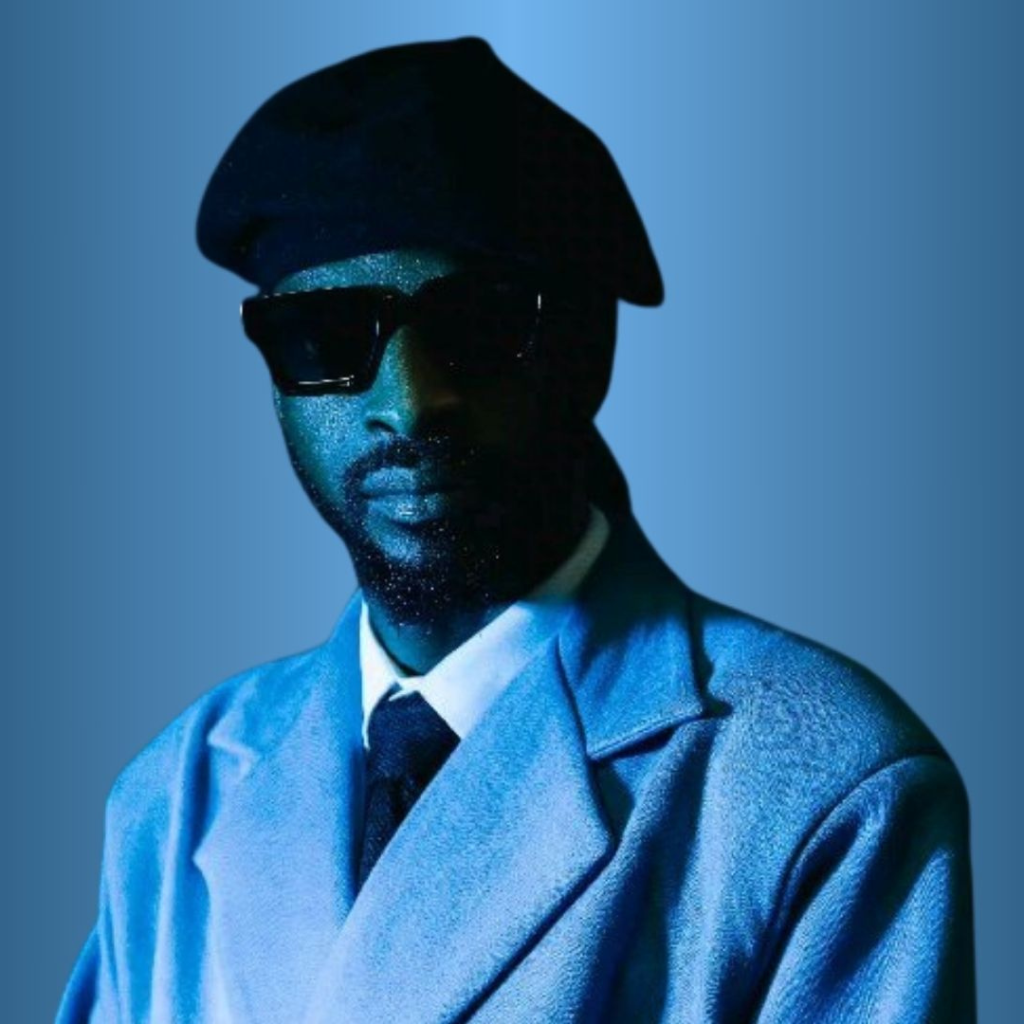
9ice is Nigeria’s metaphor king. From “Gongo Aso” to “Street Credibility,” his Yoruba-infused lyricism turned everyday expressions into national catchphrases. He has that rare gift of slipping a proverb into a verse that makes aunties nod in recognition while still sounding fresh to millennial and Gen Z ears.
Playful yet layered, his wordplay is proudly indigenous. 9ice remains a reminder that native languages are lyrical goldmines.
“Depth in proverbial lyrics, insane rhyme schemes (for a singer), and the way he weaves idioms and folklore is unmatched.” — Smeezy, a 9ice fan since “Ruggedy Baba.”
Standout lyrics: “Àtéwọ̀ mọ́ bàlà / À ò mọ ẹni tó kọ / We spit in pidgin, àwọn kan ń wùkò / You better show where you belong.”
9. M.I Abaga
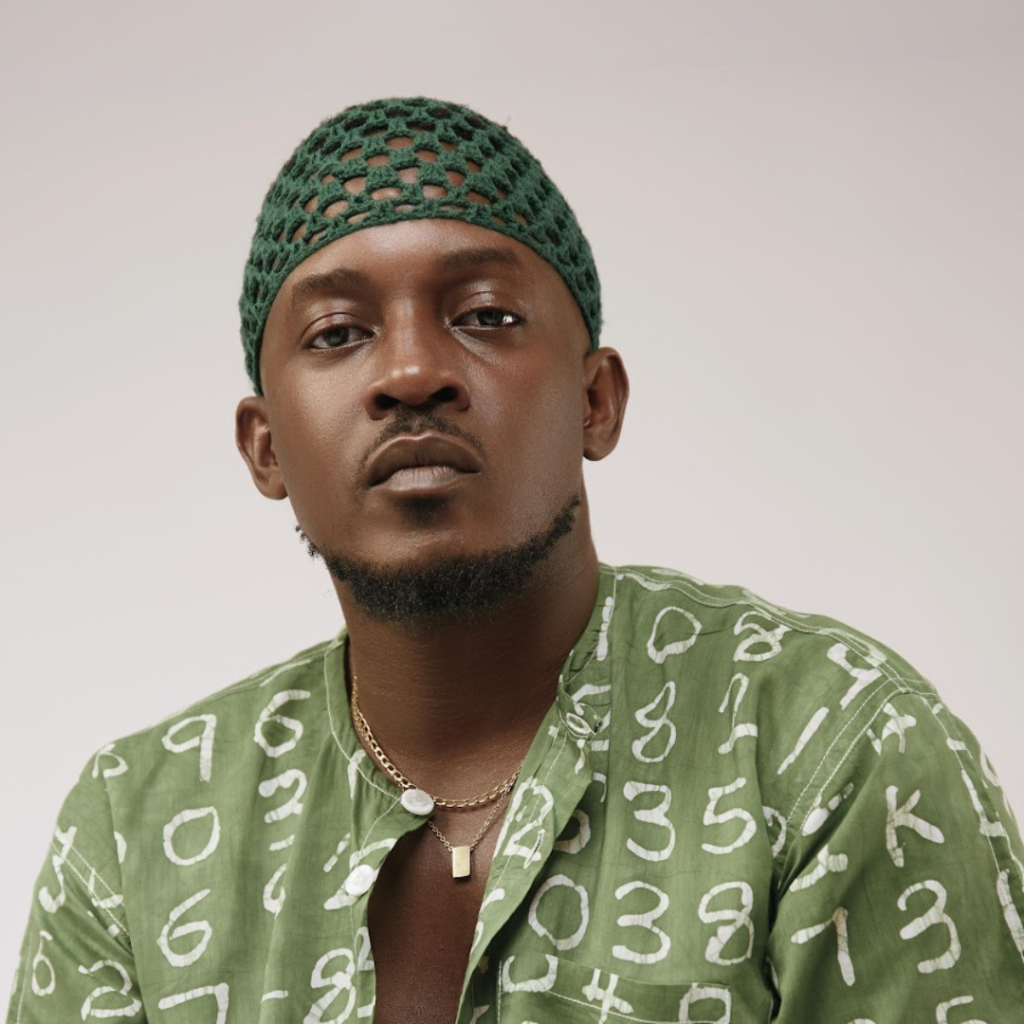
When M.I declared himself “Africa’s Best Rapper,” it wasn’t bluster — it was fact. His lyricism reshaped Nigerian rap, making it mainstream without ever watering it down. Across albums like Talk About It, The Chairman, and Yxng Dxnzl, his pen delivers punchlines, puns, and storytelling in equal measure, each packed with quotables.
Versatile to the core, his verses are sharp enough for battles yet warm enough to soundtrack weddings. In Nigerian hip-hop, M.I. isn’t just an artist — he’s an institution.
“M.I. took Nigerian rap to a respectable level. Twenty years in the game and he has remained relevant without switching his style to sell.” — Ridwan, a M.I. Abaga fan since “Crowd Mentality.”
Standout lyrics: “Loyalty promises I received by the dozen / Said that they’d be there when I needed them, but they wasn’t.”
8. Burna Boy
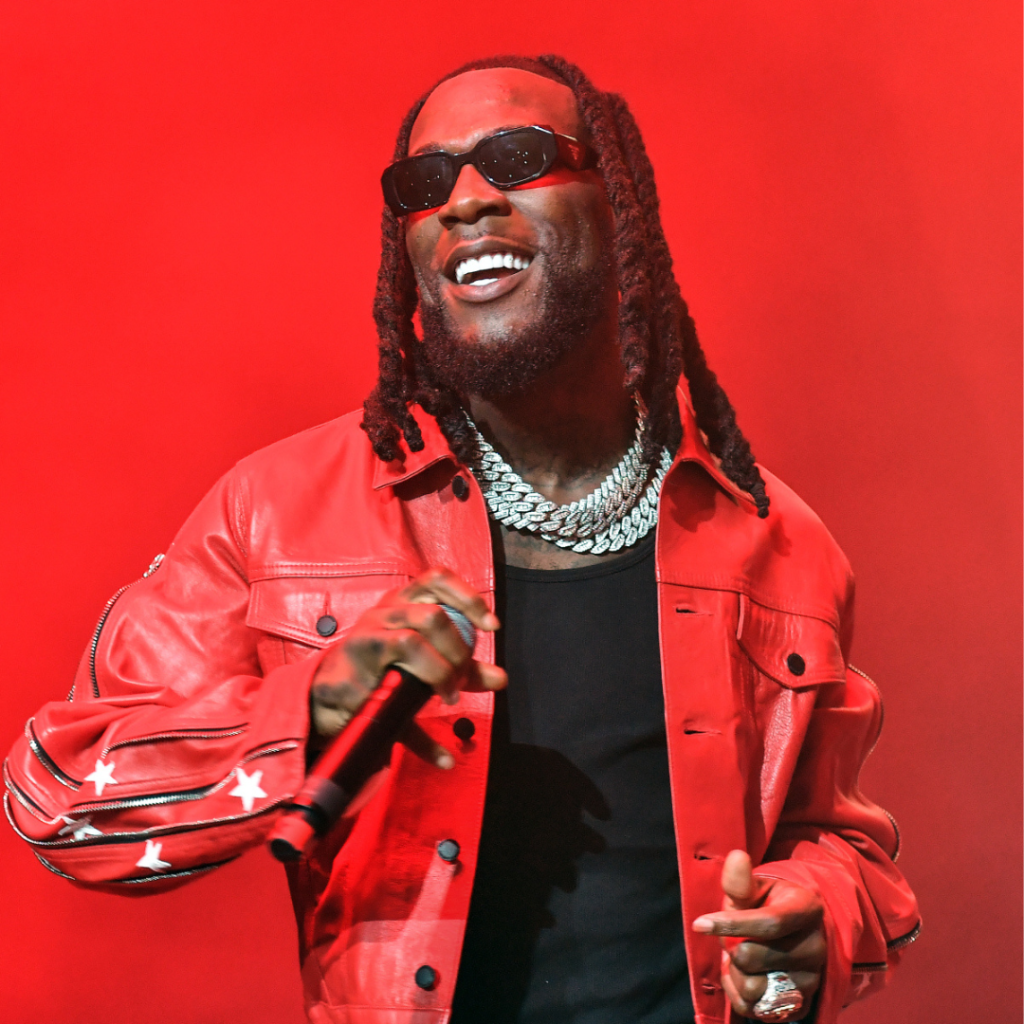
Burna’s lyricism doesn’t need to be complex to be unforgettable. His writing blends pidgin and Yoruba to create anthems that cut across borders. His writing is always intentional. He has the biting socio-political edge of “Yawa Dey” and “Monsters You Made” to the confessional arch of “Last Last.”
He has mastered the art of making personal stories into global songs that are simple, yet endlessly quotable.
“I consider him the most gifted artist of his generation. In fact, if you put in any era, he’ll dust his peers.” — Justin, a Burna Boy fan since “Like To Party.”
Standout lyrics: “But my people dem go say I no wan kpai / I no wan die I no wan kpeme / I want enjoy I wan chop life, I wan buy motor I wan build house / I still wan turn up.”
7. Beautiful Nubia
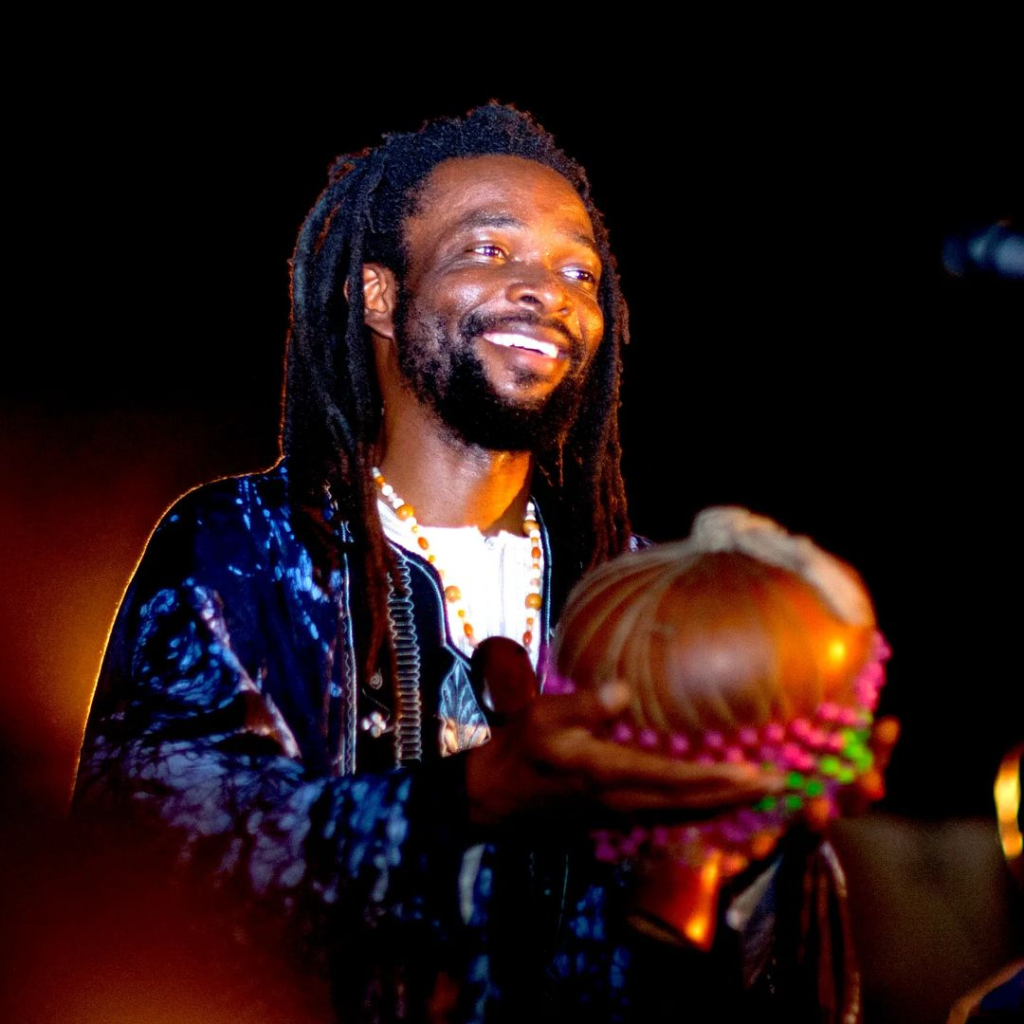
Beautiful Nubia is the bard of modern Nigerian folk. With his band, The Roots Renaissance, he has spent nearly three decades writing songs that sound like folklore set to music. His work brims with proverbs, wisdom, and urgent calls to action.
Tracks like “Owuro L’ojo” and “Seven Life” showcase his gift for crafting lyrics that are piercing yet deeply relatable, pushing listeners toward reflection and social change. For Beautiful Nubia, lyricism isn’t about complexity but resonance — words that linger like tales told by the fireside or under the moonlight.
“His music offers great advice. He has clear expressions and deep appreciation for Yoruba and community.” — Gboyega, a Beautiful Nubia fan since “Ife Oloyin.”
Standout lyrics: “Ololufe nt’o ti nreti yen lo mbo l’ona yi / Baby mo r’ire mu bo n’irin ajo.”
6. 2Baba
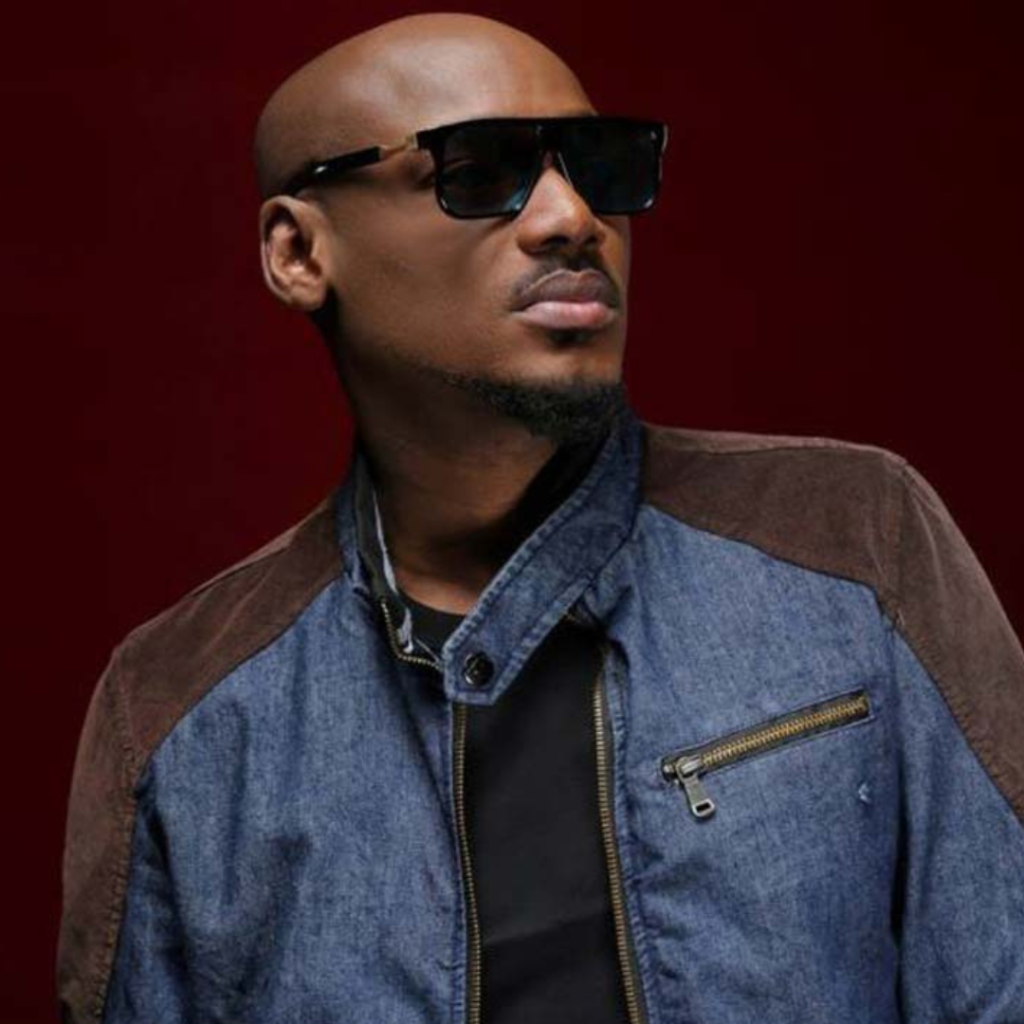
2Baba (FKA 2Face Idibia) is one of Nigeria’s greatest pop storytellers — the pen behind “African Queen,” arguably the country’s most iconic contemporary love song. With “E Be Like Say,” he turned social frustration into a nationwide sing-along. His lyricism thrives on clarity, crafting simple, direct lines that cut straight to the heart.
For over two decades, his pen has been steady — powerful yet effortless. Few artists have written words that feel so timeless, across love ballads and social commentary alike.
“He is the greatest to do it in my books. Period.” — Dapo, a 2Baba fan since “Ole.”
Standout lyrics: “Just like tears drops falling from the sky / It is like a blessing in disguise that we fail to realise.”
5. Saheed Osupa
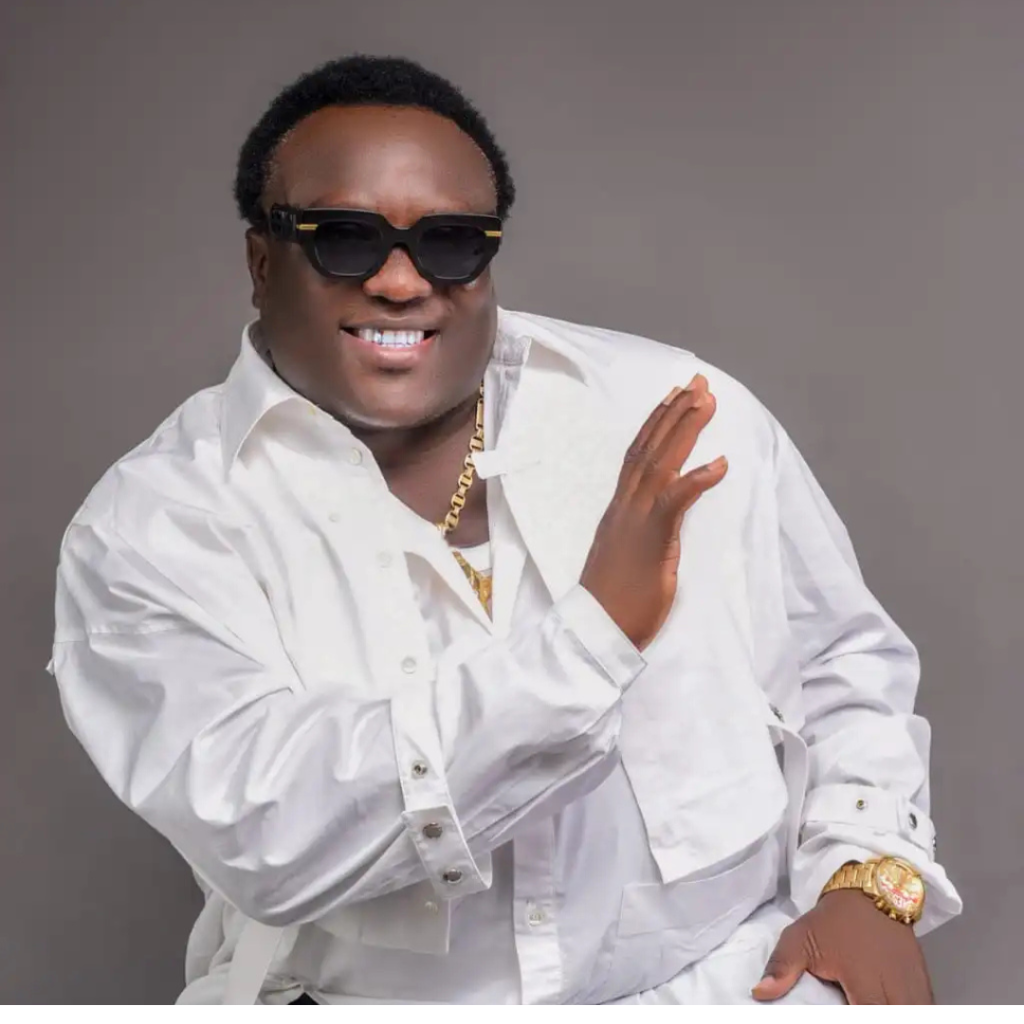
Saheed Osupa may proudly call himself the “King of Fuji Music,” but he’s also one of Nigeria’s finest lyricists, period. His albums are masterclasses in Yoruba wordplay — rich enough to preserve heritage, entertain music lovers, and fuel endless debates.
In a single track, Osupa can argue, joke, advise, brag, and throw shade, his pen moving between sharp social commentary and playful mischief. Few artists embody the lyrical depth of Yoruba oral tradition the way he does.
“Saheed Osupa, for me, takes Fuji music to an intellectual level that’s uncommon in the genre. Even when he’s singing about sex and women, the brilliance and delivery of his lyricism leave you in awe. You keep unpacking and unpacking his lines.” — Odunlami, a Saheed Osupa fan since “Olaju De.”
Standout lyrics: “Ninu egbin lola ngbe.”
4. King Sunny Adé
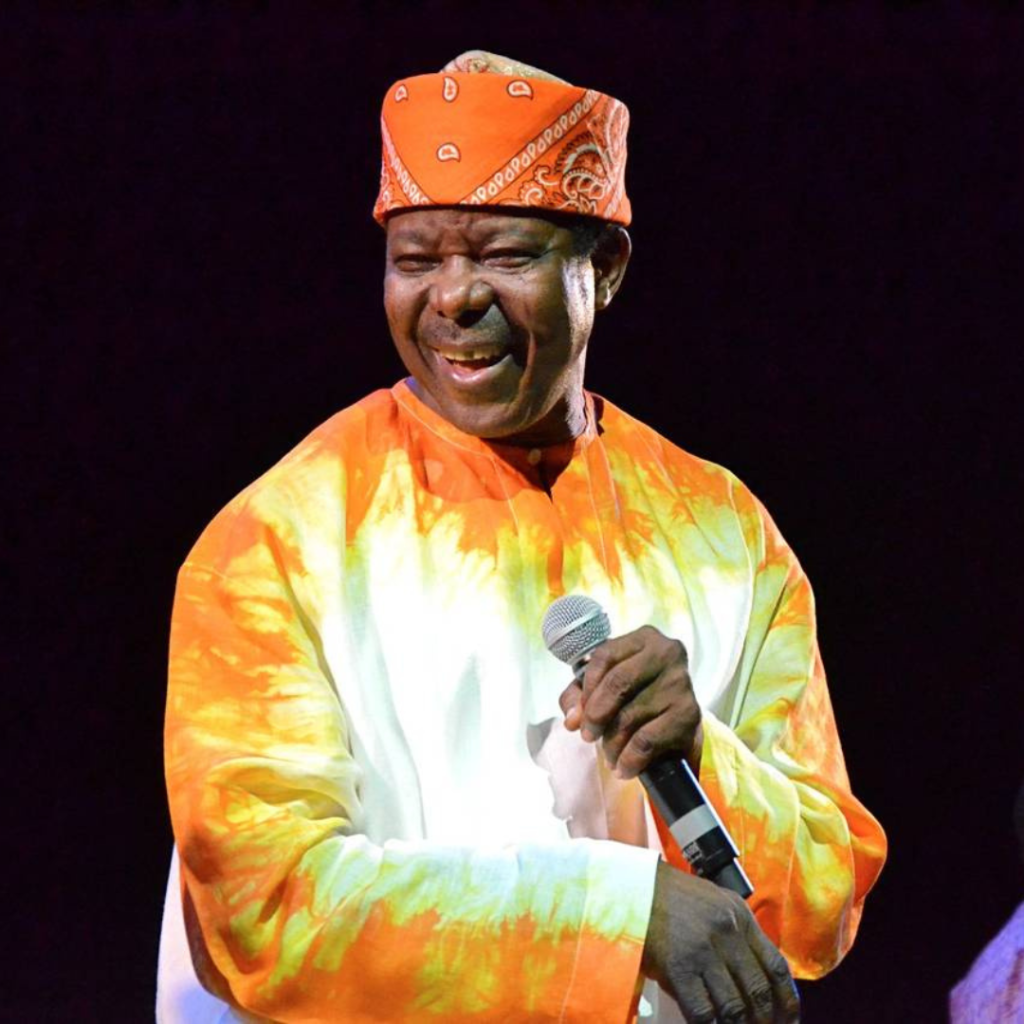
King Sunny Adé is juju royalty, but he’s also a master lyricist whose songs orbit praise, storytelling, and philosophy. His genius shines brightest on stage, where he improvises Yoruba proverbs into melodies on the spot, turning live shows into lyrical masterclasses.
For decades, his words have travelled across generations, balancing wisdom with irresistible groove. Stylish and magnetic, KSA laces his verses with both charm and depth — proof that lyricism can move feet and minds at once.
“His relevance in and outside music has never waned.” — Sayo Alagbe, a fan since “Ori Mi Ja Funmi.”
Standout lyrics: “Elégédé n tanná ojú e ninu ojo, ó gbalè lo rebete.”
3. Chief Stephen Osita Osadebe

Chief Osita Osadebe was the gentleman and lyrical giant of highlife, able to turn everyday wisdom into music that felt like a conversation with a beloved elder. Known for his smooth voice and relaxed delivery, his lyricism was steeped in proverbs, Igbo philosophy, and stories of love, patience, and life’s daily hustle.
Songs like “Osondi Owendi” endure because they’re more than melodies — they’re life lessons wrapped in song. His lyrics flow like palm wine: slow, rich, and leaving you with a warm buzz of reflection. Osadebe’s lines are the ones your parents quote and the choruses you find yourself humming decades later.
“Anyone that can turn proverbs, communal wisdom and daily experience into meaningful music like that is the musician people deserve to listen to.” — David, Osita Osadebe fan since “Osondi Owendi.”
Standout lyrics: “Ife sozili inye sozi chi ya / Na enu uwa nke a anyi no nu / O bu onye ka zi Chukwu/ O gbanari chi ya na osu nu.”
2. Chief Commander Ebenezer Obey
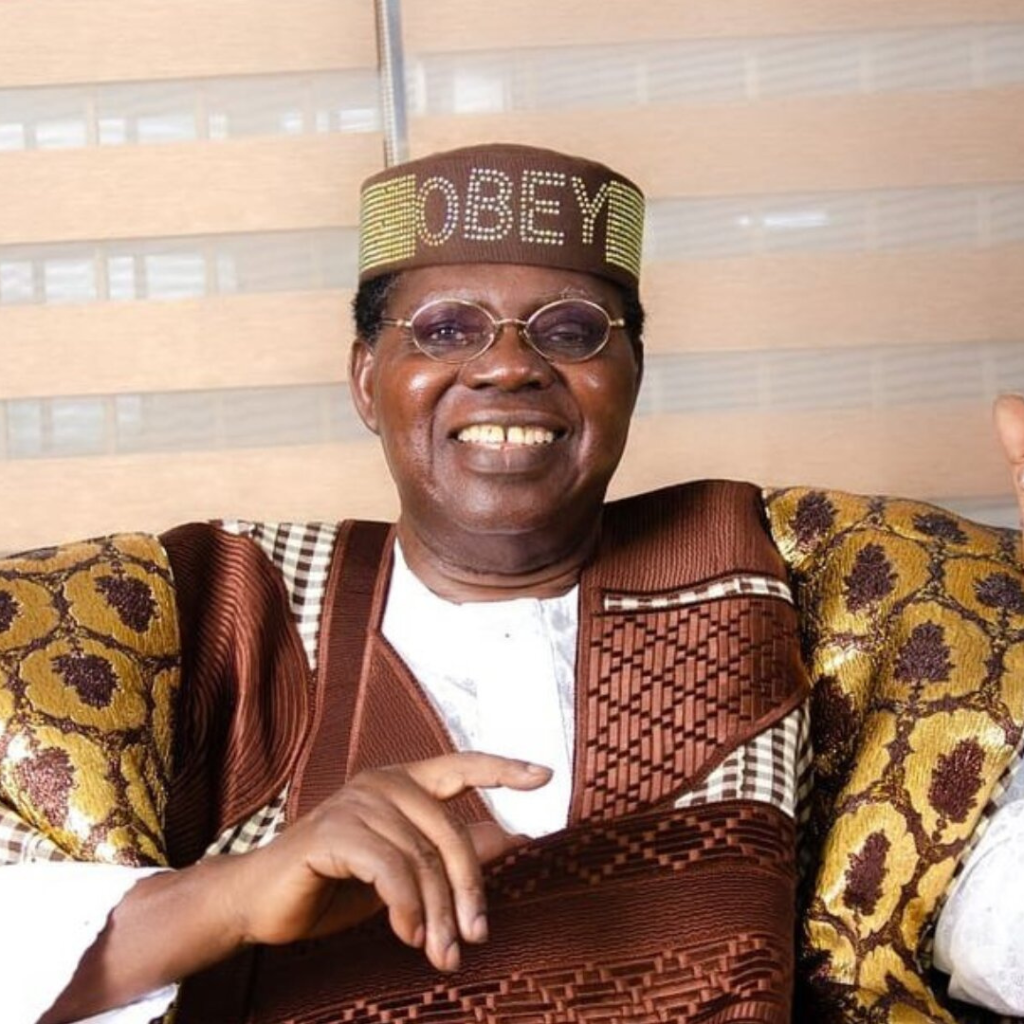
From the moment he emerged on the music scene, Ebenezer Obey was already bodying opponents with juju lyricism. His songs — often stretching past 20 minutes — weave parables, praise-singing, and moral lessons into sprawling soundscapes.
Many of his albums remain cultural landmarks because Obey has always understood the power of words to teach, entertain, and immortalise legacies. His pen isn’t just legendary; it’s generational.
“The Chief Commander was the teacher and music wizard of my time. Over 50 years on earth, and most things he has said in music are wisdom for the future.” — Stephen, an Ebenezer Obey fan since “Aye Wa A Toro.”
Standout lyrics: “K’osgbon to le da, kosi wa tolewu / Ko sona to le gba, to le fi t’aye lorun o.”
1. Sikiru Ayinde Barrister
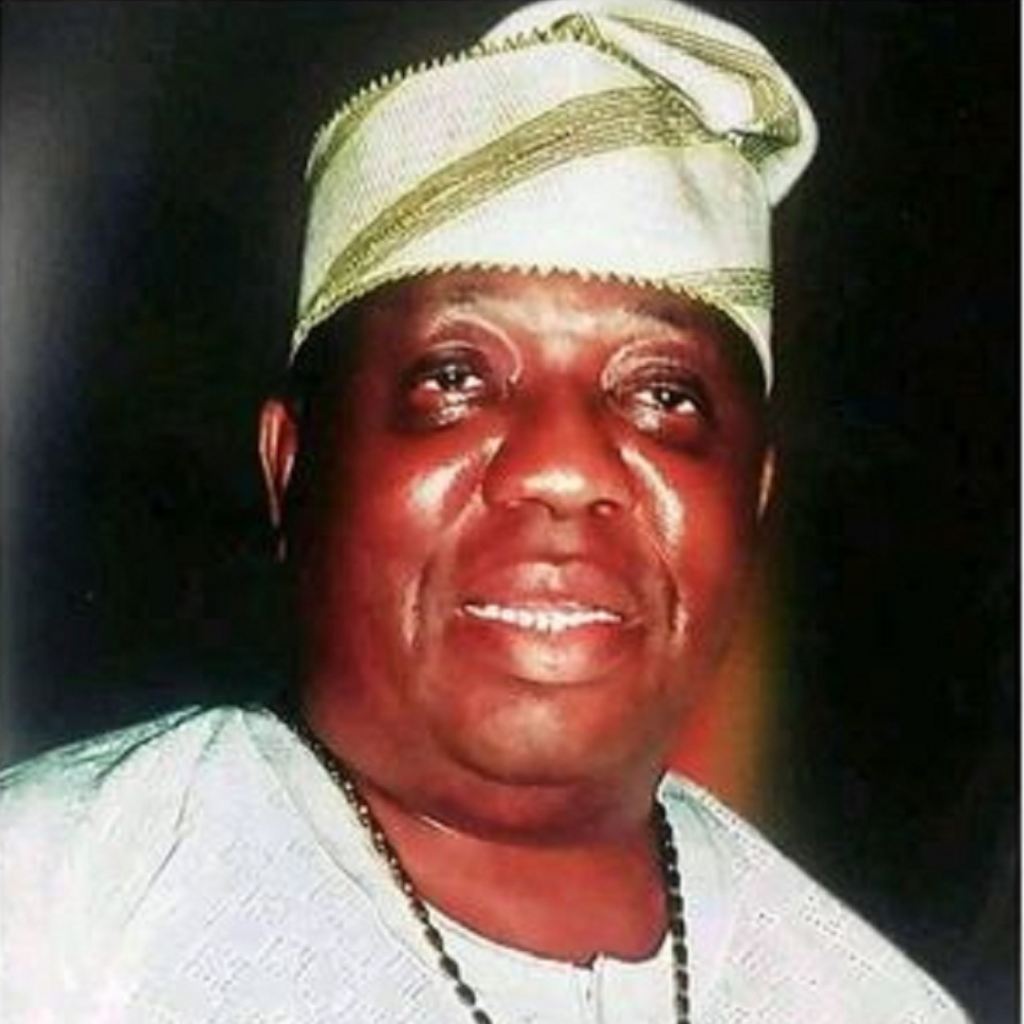
The late Sikiru Ayinde Barrister, father of Fuji music, was Nigeria’s first true street lyricist. He pioneered the genre by fusing Islamic chants, Yoruba storytelling, and sharp social commentary into words that spoke directly to ordinary people.
Albums like Fuji Garbage proved his pen could be playful and political, spiritual and satirical all at once. Barrister didn’t just create a genre — he elevated lyricism itself.
“Not many Nigerians can be credited with creating or even codifying a music genre. Barrister did that with Fuji music. That genre has dominated for almost 60 years, and continues to influence Afrobeats today.” — The Jide Taiwo, a Barrister fan since “Oke Agba.”
Standout lyrics: “Nigba ti Mo n je la lai leran, ko seni tori mi / Nisin t’Olohun Oba wo mi dagba / Mo le jeun emeta aje kanu.”
